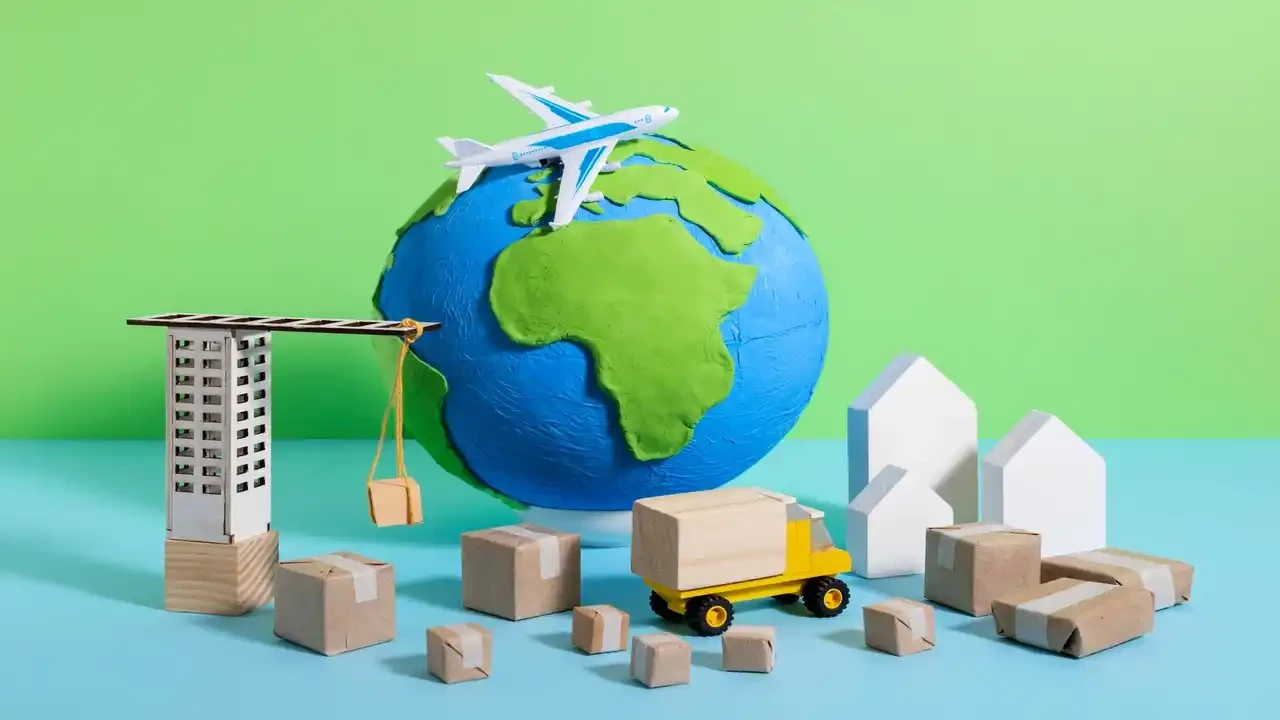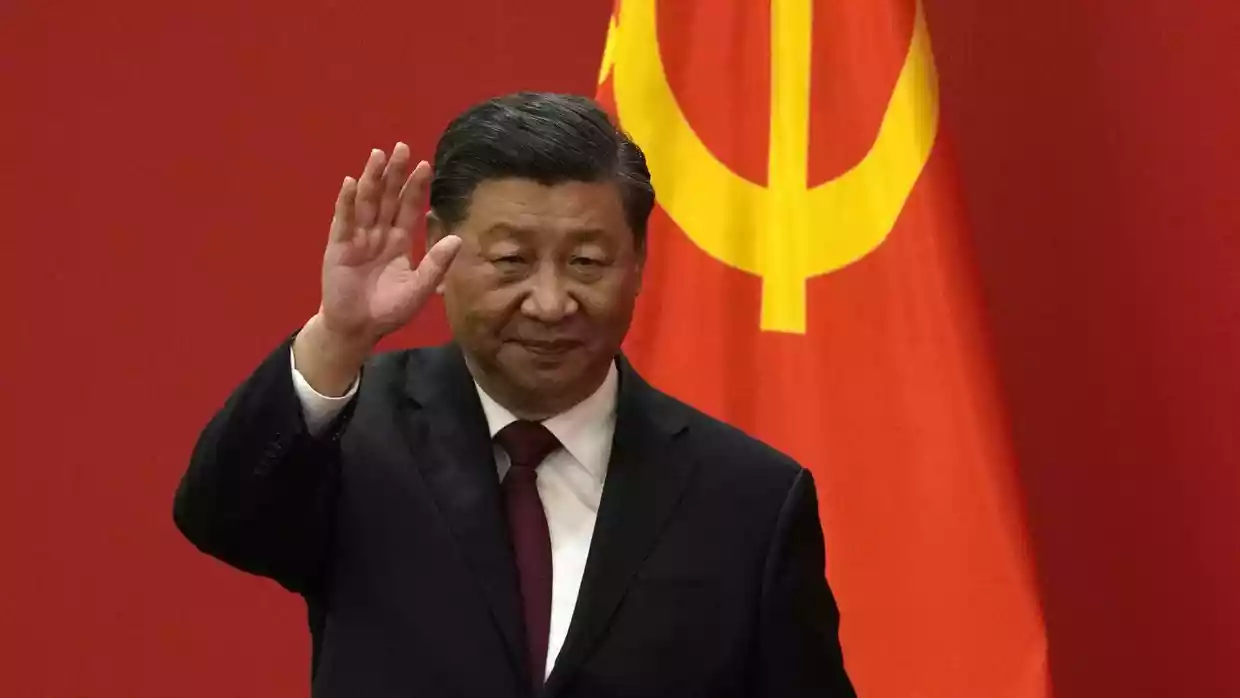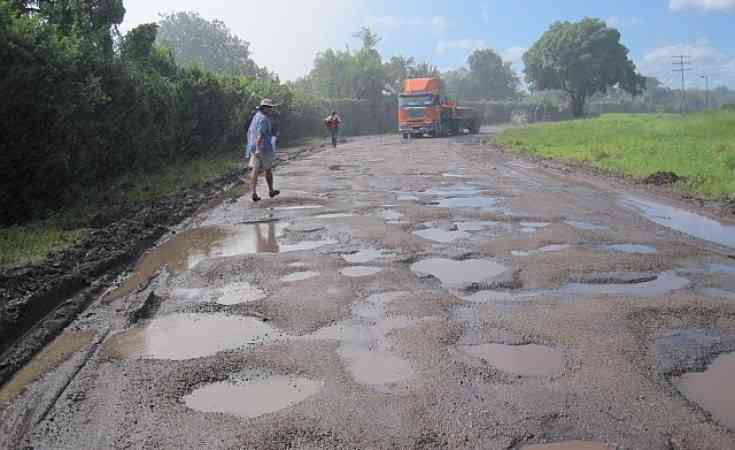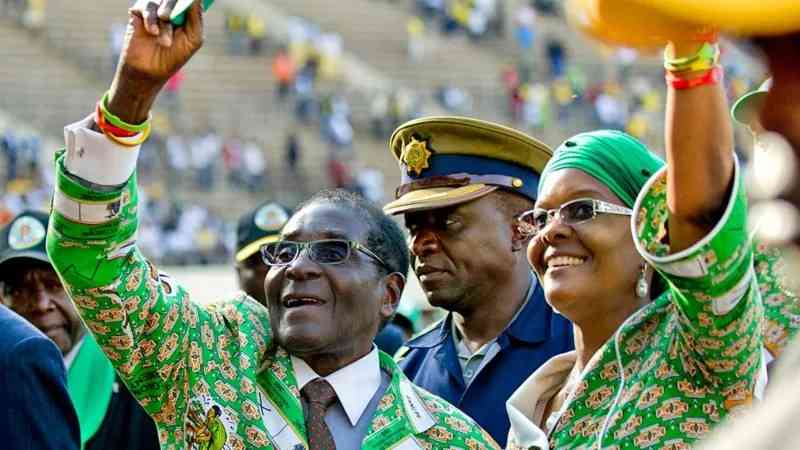
Economic diplomacy plays a vital role in promoting a country’s economic interests abroad. It involves leveraging government resources to enhance a nation’s economic interests through trade, investment, and international collaborations.
For Zimbabwe, a country rich in natural resources and potential, economic diplomacy presents a vital opportunity to revitalize its economy, attract foreign investment, and enhance its global standing.
Economic diplomacy in Zimbabwe can promote economic growth by attracting foreign investment, enhancing trade opportunities, and fostering international partnerships.
By positioning the country as an investment hub and supporting private sector development, it can stimulate export growth and create jobs.
As a definition, economic diplomacy refers to the use of diplomatic tools and strategies to promote a country’s economic interests, including trade, investment, and development cooperation.
Key components of economic diplomacy include and encompasses various activities and initiatives aimed at promoting a nation’s economic interests such as trade negotiations with engagement in bilateral and multilateral trade negotiations to secure favourable trade agreements that enhance market access for domestic products and services, investment promotion, which involves attracting foreign direct investment (FDI) by creating a conducive environment for investors, including legal protections, incentives, and infrastructure development, development cooperation where there is collaboration with international organisations, and private sector partners to secure funding and technical assistance for development projects and public-private partnership which involves facilitating partnerships between the government and private sector to drive economic initiatives and infrastructure development.
In the context of Zimbabwe, economic diplomacy can serve as a vital mechanism for promoting economic growth. One of the primary objectives of economic diplomacy is to attract foreign direct investment (FDI).
Zimbabwe can achieve this by creating a favourable investment climate where the local government can implement policies that enhance the business environment, such as reducing bureaucratic hurdles and protecting investors’ rights.
- Mavhunga puts DeMbare into Chibuku quarterfinals
- Bulls to charge into Zimbabwe gold stocks
- Ndiraya concerned as goals dry up
- Letters: How solar power is transforming African farms
Keep Reading
By showcasing these improvements through diplomatic channels, countries can attract foreign investors. Engaging in targeted outreach is another way to attract foreign direct investment where diplomatic missions can actively engage with potential investors by organizing trade missions, investment forums, and business summits.
These events provide opportunities for African countries to present their investment opportunities and showcase success stories. Leveraging bilateral and multilateral agreements by negotiating favourable trade and investment agreements with other countries, Zimbabwe can create a more attractive landscape for foreign investors.
Such agreements can include tax incentives, reduced tariffs, and guarantees against expropriation.
Economic diplomacy can significantly enhance trade opportunities for Zimbabwe by negotiating Trade Agreements where African nations can engage in regional and international trade negotiations to secure better access to markets. For instance, participation in the African Continental Free Trade Area can facilitate intra-African trade and reduce reliance on external markets.
Zimbabwe can promote export diversification with diplomatic efforts that focus on promoting a diverse range of exports, reducing dependency on a few commodities.
By identifying and marketing niche products, countries can tap into new markets and increase their export revenues.
It can also facilitate market access as economic diplomacy can help Zimbabwe gain access to developed markets by addressing trade barriers, such as tariffs and non-tariff barriers.
This can be achieved through negotiations and advocacy at international forums. Regional integration is crucial for economic growth in Africa.
Economic diplomacy can facilitate this by strengthening regional organizations as Zimbabwe can work through regional organizations such as the African Union (AU) and regional economic communities (RECs) to promote economic cooperation and integration.
This can lead to the establishment of common markets and shared infrastructure projects.
It can be done also through collaborating on infrastructure development where diplomatic efforts can be directed towards securing funding and technical assistance for regional infrastructure projects, such as transportation networks and energy grids. Improved infrastructure can enhance trade and investment flows.
Zimbabwe can encourage cross-border investments where economic diplomacy can promote cross-border investments by creating a conducive environment for businesses to operate in multiple countries.
This can lead to increased economic activity and job creation. Building strategic partnerships is a stimulator where strategic partnerships with other countries and international organizations can significantly enhance economic growth.
Zimbabwe can engage with development partners by collaborating with international organizations such as regional development banks to access financial resources and technical expertise for development projects.
Zimbabwe should promote South-South Cooperation where it can strengthen ties with emerging economies in Asia and Latin America to share knowledge, technology, and investment.
This can lead to mutually beneficial partnerships that drive economic growth. Zimbabwe also should continuously utilise diaspora networks as engaging the African diaspora can be a powerful tool for economic diplomacy.
Diaspora communities can contribute to economic growth through remittances, investments, and knowledge transfer.
Strengthening the image of the country is a PR tool in which a positive national image is essential for attracting investment and trade.
Economic diplomacy truly can help Zimbabwe where it can continuously promote success stories by highlighting successful economic initiatives and reforms can enhance a country’s reputation. Diplomatic missions can showcase these stories to potential investors and partners.
By engaging in public diplomacy and by actively participating in international forums and cultural exchanges, Zimbabwe can improve their global standing and attract interest from foreign investors.
A point to note is to also continuously address negative perceptions through economic diplomacy as it can also focus on addressing negative perceptions about Zimbabwe by promoting and projecting continuously transparency and good governance.
To wrap it up, economic diplomacy is a powerful tool that Zimbabwe can leverage to promote economic growth.
By attracting foreign direct investment, enhancing trade opportunities, fostering regional integration, building strategic partnerships, and strengthening their national image, the nation can create a conducive environment for sustainable economic development.
As the global economy continues to evolve, effective economic diplomacy will be crucial to navigate challenges and seize opportunities for growth.
A few key takeaways to remember when driving the economic diplomacy mantra include understanding that trade is a bridge that connects nations, and economic diplomacy is the key to building that bridge, economic diplomacy is not just about trade; it’s about building relationships that foster mutual growth and understanding and in an interconnected world, economic diplomacy is essential for national prosperity.
*Chengeta is an educator and academic writer
These weekly articles are coordinated by Lovemore Kadenge, an independent consultant, managing consultant of Zawale Consultant (Private) Zimbabwe Economics Society and past president of the Chartered Governance & Accountancy Institute in Zimbabwe . Email – [email protected] or Mobile No. +263 772 382 852











